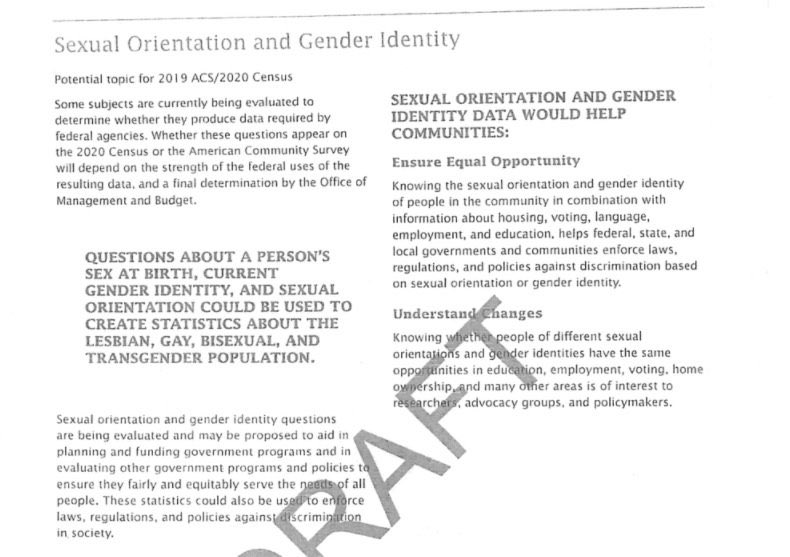Abortion rights, women of color, and LGBTQI+ people are under attack. Pledge to join us in fighting for gender justice.
President Obama’s Budget Significantly Invests in Reducing Poverty
Earlier this week, President Obama released the 8th and final budget proposal of his administration, and this budget takes important steps toward reducing poverty and improving the economic security of millions of Americans. This is particularly good news for women, who are disproportionately likely to be poor and are over-represented in the low-wage workforce. In 2014, one in seven women and four in ten single mothers were poor.
 Some highlights of the President’s FY 2017 budget include:
Some highlights of the President’s FY 2017 budget include:
- An expansion of the Earned Income Tax Credit (EITC), to double the maximum credit for workers without qualifying children from about $500 to $1,000, and expand the age range for EITC eligibility from 25-64 to 21-66. Research shows that the EITC is an effective pro-work, anti-poverty policy, but currently provides little or no help to low-income workers without children. An analysis of a previous version of this proposal showed that 6.1 million women, 44% of whom were women of color, would benefit from this expansion in the EITC.
- A $12 billion investment over 10 years to create a permanent Summer Electronic Benefits Transfer for Children, which would ensure that children who are eligible for free and reduced price lunches in school have access to this important nutrition program over the summer.
- Several provisions to improve the effectiveness and reach of the Temporary Assistance for Needy Families (TANF) program, including an additional $8 billion investment over five years and a requirement for states to spend a majority of their funds on the core purposes of TANF.
- An extension of the Affordable Care Act’s incentives to expand Medicaid coverage to the states. Nineteen states have not expanded Medicaid, leaving millions of low-income Americans, including 1.5 million women, without access to affordable health insurance.
- A $2 billion investment over five years for new Emergency Aid and Service Connection grants, which would enable states and cities to provide emergency help to families that are experiencing a financial crisis and connect those who need it to longer-term assistance.
President Obama suggests funding these initiatives through fair revenue sources, making corporations and the richest Americans pay their fair share of taxes.
I hope that these proposals, some of which have received bipartisan support, and all of which are common sense proposals to support the poorest Americans and their families, will be given serious consideration by Congress in the coming year. Making these proposals a reality would go a long way toward setting women and their families up for success.





